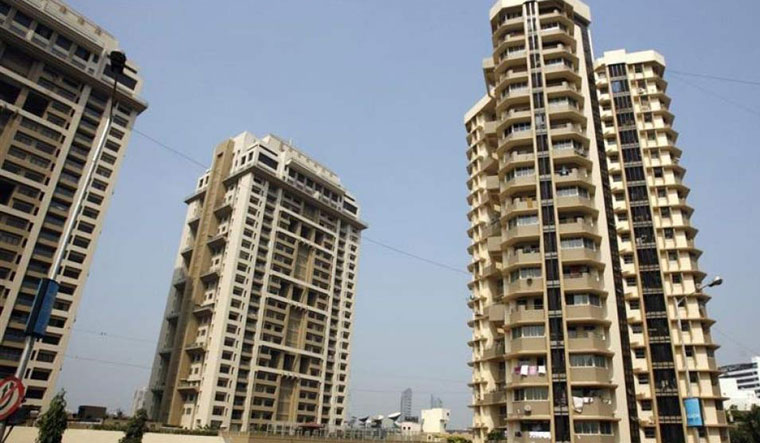With a population of roughly 1.3 billion people, it comes as no surprise that housing continues to be a critical need in India. The increased level of urbanisation, in recent years, has also added to this, with the demand for housing growing substantially, every year.
Globalisation has further made it possible for developers to collaborate with renowned international brands to add value to the lifestyle that they offer.
Click here to watch weekly episodes of Housing Development Programme on AIT
On the other hand, India’s high demand for housing presents foreign developers with the opportunity of penetrating domestic markets through partnerships with local brands, while adding an entirely new and promising consumer segment to their domain.
The amendments and changes made in recent years to the laws and regulations governing foreign alliances and agreements in the sector, like the enactment of the Real Estate (Regulation and Development) Act, have further proved to be a boon for it.
As a result, the Indian construction development sector has received Foreign Direct Investment (FDI) equity inflows to the amount of $24.87 billion, between April 2000 and June 2018, according to the Department of Industrial Policy and Promotion (DIPP).
 The approval of the Real Estate Investment Trust (REIT) platform by the Securities and Exchange Board of India (SEBI) will also allow for all kinds of foreign investments in the Indian real estate market, creating an opportunity worth Rs 1.25 trillion ($19.65 billion) in the years to come.
The approval of the Real Estate Investment Trust (REIT) platform by the Securities and Exchange Board of India (SEBI) will also allow for all kinds of foreign investments in the Indian real estate market, creating an opportunity worth Rs 1.25 trillion ($19.65 billion) in the years to come.
As per estimates, the sector is, in fact, expected to reach a market size of $1 trillion by 2030 from $120 billion in 2017, contributing as much as 13 per cent of the country’s GDP by 2025.
This highlights the importance of international collaborations in the future of the Indian real estate sector, along with revamped construction methods, accounting and management systems, and unique offerings, to meet the international standards and unique expectations of the evolving Indian consumer.
Indian developers have also been impacted by the changes taking place in the global real estate market, which have had repercussions on the local market. The growing amount of wealth in the hands of consumers has led to a rapid evolution in the taste and choices of luxury of the consumer base, enveloping the amenities available, besides the houses themselves.
To meet these varied demands, Indian real estate developers have begun collaborating with several global brands. As a result, many modern housing projects boast of the finest accouterments, whether it’s a Baccarat chandelier, graphic wall artwork, bathroom fittings, or Italian floorings.
RERA and GST has brought with it an improved level of transparency, discipline, and order and has also helped in the elimination of double taxation, which hurt the sector considerably.
This marked rise in Indo-foreign collaborations has also been fostered by several other important factors, which have helped developers enter into real estate deals with a global client base in their hometown or around the world. These include:
- Improvement in networked global communication
- Rising demand for products, services, and housing due to population growth
- Unrestricted boundaries for capital flow and investment
- Reforms in laws and regulations for forming alliances and agreements
 The Digital India initiative of the Indian government has helped bring about a marked increase in internet connectivity all across the country, helping domestic developers engage with the global market intricately. Technological advancements made in the sector have made collaborations easier and more seamless, leading to a confluence of advanced techniques and methods of construction that has significantly helped improve the quality of construction, costs incurred, and offerings available.
The Digital India initiative of the Indian government has helped bring about a marked increase in internet connectivity all across the country, helping domestic developers engage with the global market intricately. Technological advancements made in the sector have made collaborations easier and more seamless, leading to a confluence of advanced techniques and methods of construction that has significantly helped improve the quality of construction, costs incurred, and offerings available.
Source: moneycontrol.com




